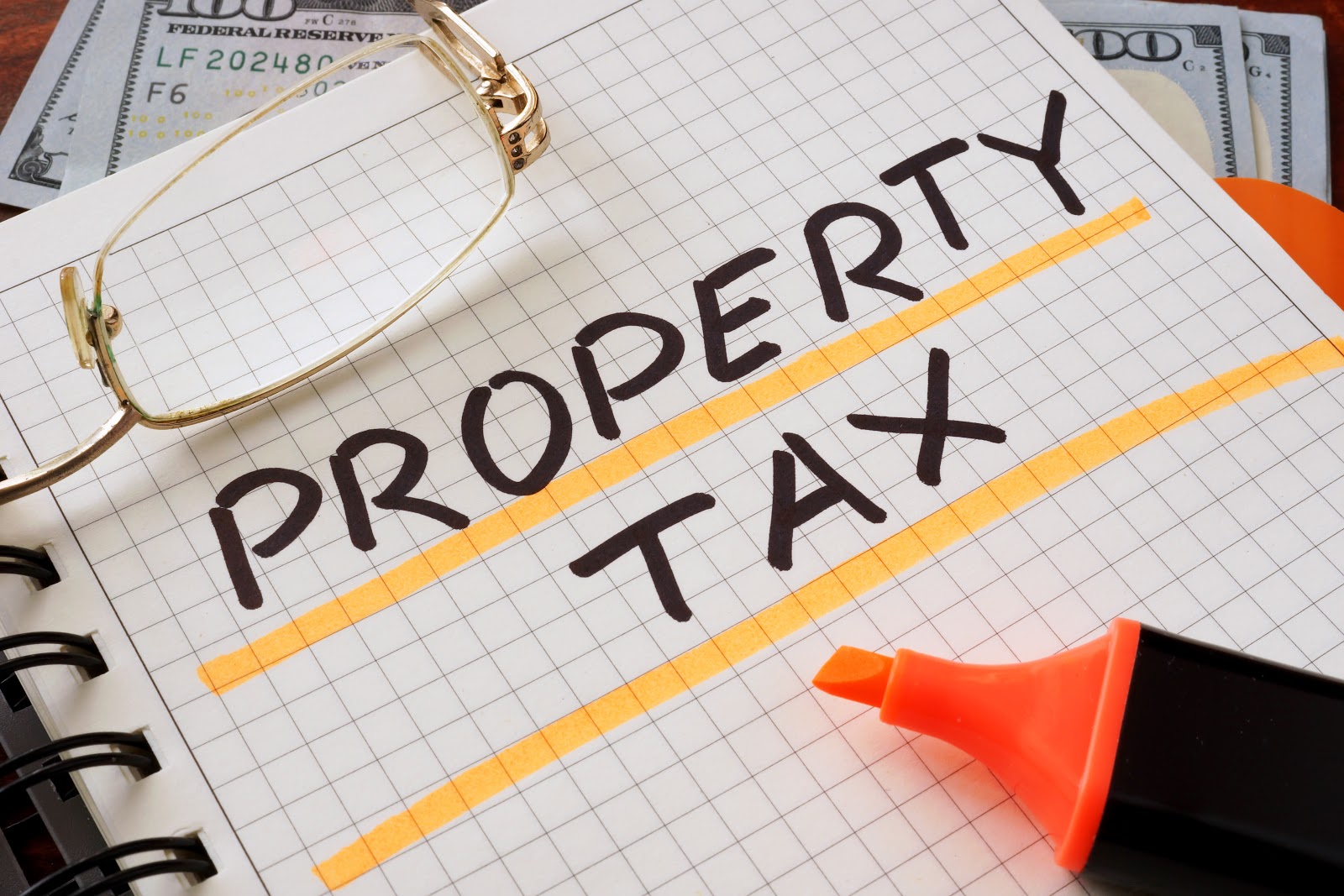Property Tax
Property taxes are paid in almost every area of the United States. Inevitably, property taxes are also always rising as the price of real estate goes up. In Illinois, property taxes are a little more important to understand because there is an ongoing effort as homeowners and investors we must all make to keep the property taxes at the lowest level we can.
How Your Tax Bill Is Calculated
In Illinois, two factors go into determining your tax bill. The first is the taxable value of your home; the second is the tax rate. The tax rate is the percentage of the taxable value that the local tax authorities use to calculate your property tax amount. You can learn more about property taxes in Illinois from the Illinois Department of Revenue.
Each Illinois County has a slightly different tax rate calculation. In most Illinois counties the taxable value of a home is 33.3% of the home's Fair Cash Value. The Fair Cash Value is essentially the amount the home would sell for on the open market. In Cook County the fair cash value is 10%.

Investors Underwriting Property Taxes
When you are calculating figures as an investor in advance of buying a property, you must be sure that the current annual tax amount is the same amount you will be expected to pay when you're the property owner. The existing property tax scenario for your seller may be different than yours post-closing as the buyer.
In Illinois, if a real-estate owner occupies the property, then that owner can request a Homeowners Exemption from the governing body. This can help to reduce the annual property tax obligation. Unfortunately, as an investor you don’t get that exemption because you won’t be living there as your primary residence.
Any property owner over the age of 65 using the property as their (Older House Hackers) primary residence can qualify for a senior exemption. They are also eligible for a “Senior Freeze” if they are over the age of 65 and their income is below a certain threshold. This exemption will freeze the value of the property which the governing body uses to calculate the annual property tax amount.
Investors Must Know About Cook County Property Taxes CLICK HERE
As a Property Manager we facilitate the contesting of property taxes for our clients. If you want to learn more about our Property Management or Tenant Placement services complete the form below and we will get back to you right away.

 Vendor Portal
Vendor Portal
